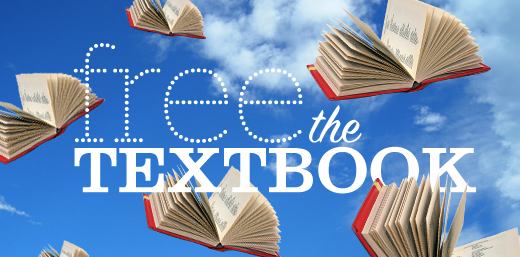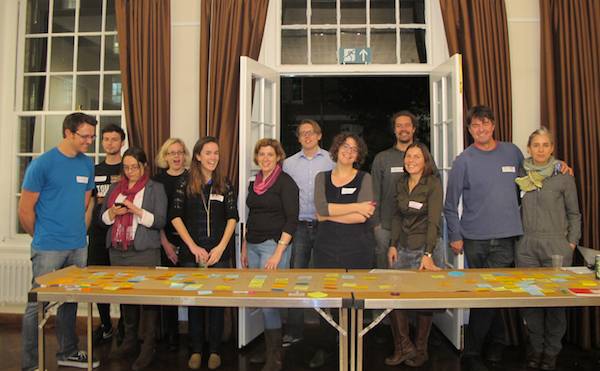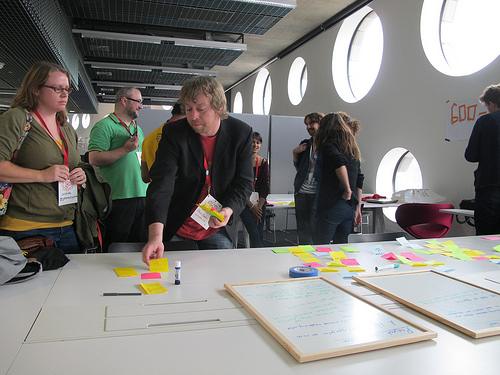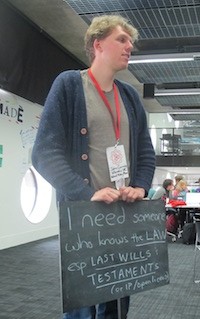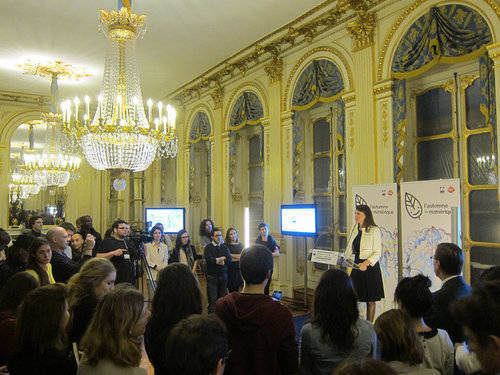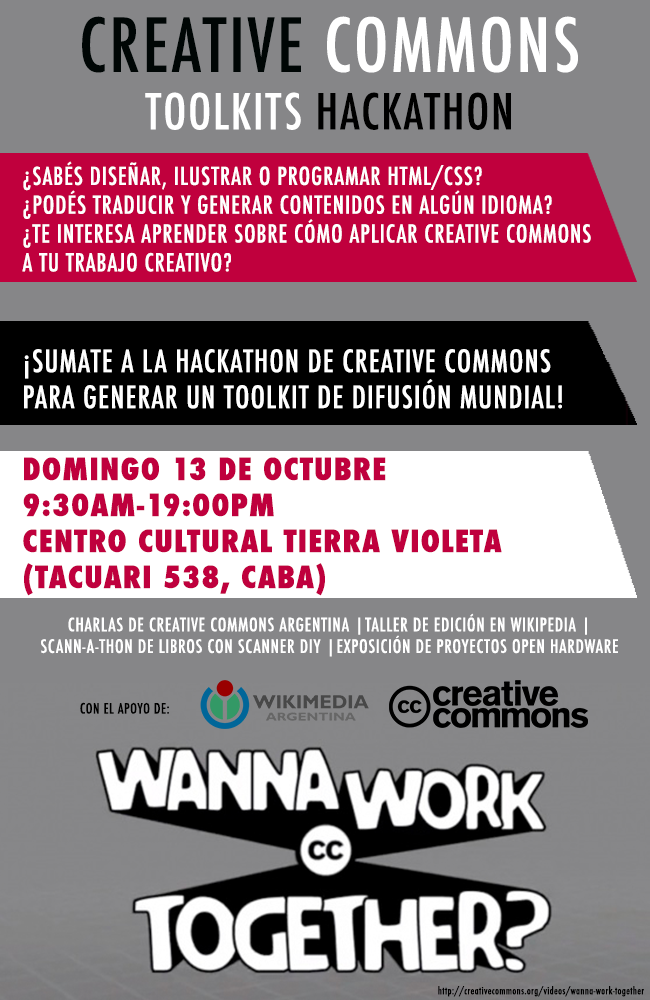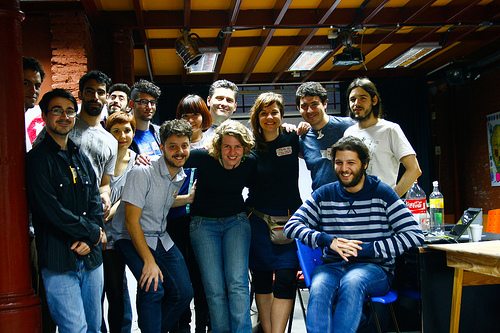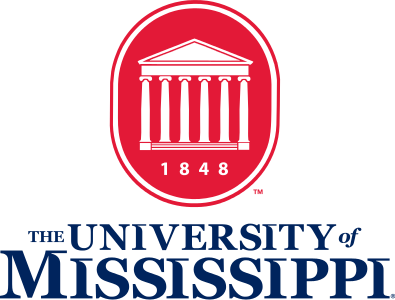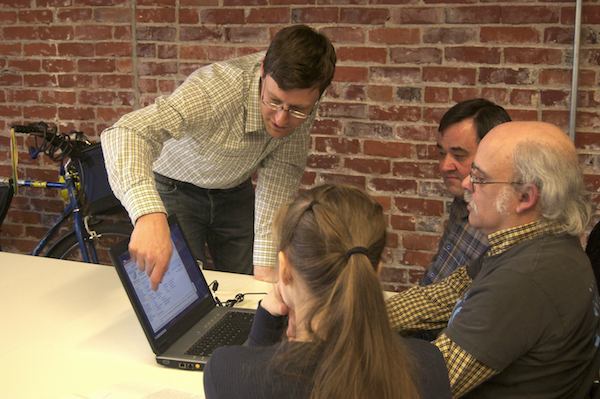US Senators seek to make college textbooks affordable and open
vendredi 15 novembre 2013 à 18:45United States Senators Dick Durbin of Illinois and Al Franken of Minnesota have introduced legislation called the Affordable College Textbook Act that seeks to make college textbooks affordable and openly available under the Creative Commons Attribution license. According to Durbin’s press release, Bill S.1704 does 5 things:
- Creates a grant program to support pilot programs at colleges and universities to create and expand the use of open textbooks with priority for those programs that will achieve the highest savings for students;
- Ensures that any open textbooks or educational materials created using program funds will be freely and easily accessible to the public [via CC BY];
- Requires entities who receive funds to complete a report on the effectiveness of the program in achieving savings for students;
- Improves existing requirements for publishers to make all textbooks and other educational materials available for sale individually rather than as a bundle; and
- Requires the Government Accountability Office to report to Congress by 2017 with an update on the price trends of college textbooks.
You can read the full text of Bill S.1704 here. In addition to highlighting the rising cost of textbooks, Bill S.1704 defines the following terms:
(3) OPEN EDUCATIONAL RESOURCE.—The term ‘‘open educational resource’’ means an educational resource that is licensed under an open license and made freely available online to the public.
(4) OPEN LICENSE.—The term ‘‘open license’’ means a worldwide, royalty-free, non-exclusive, perpetual, irrevocable copyright license granting the public permission to access, reproduce, publicly perform, publicly display, adapt, distribute, and otherwise use the work and adaptations of the work for any purpose, conditioned only on the requirement that attribution be given to authors as designated.
(5) OPEN TEXTBOOK.—The term ‘‘open textbook’’ means an open educational resource or set of open educational resources that either is a textbook or can be used in place of a textbook for a postsecondary course at an institution of higher education.
The Scholarly Publishing and Academic Resources Coalition (SPARC) note several existing open textbook programs that have proved successful in lowering costs for students, including the University of Minnesota’s online catalog of open textbooks which has so far saved students $100,000; Tidewater Community College’s degree program where each course uses open textbooks lowering costs to zero for students; and Washington State’s Open Course Library project for its 81 largest enrollment courses that has saved students $5.4 million to date.
In addition to cost savings, SPARC highlights Bill S.1704′s potential impacts of high quality and innovation:
- High quality materials. Open educational resources developed through the grants will also be available for all other colleges, faculty and students across the country to freely use.
- Supporting innovation. At a time where new models to support open educational resources are rapidly emerging, this bill would help foster innovation and development of best practices that can be shared with other institutions.
For more info, see:
- Senator Durbin’s press release
- SPARC’s press release, web page to take action, and page about the bill
- Summary and current status of Bill S.1704; complete text of bill
You can take action to support Bill S.1704 here and use Twitter hashtag #oerusa to share the news!
